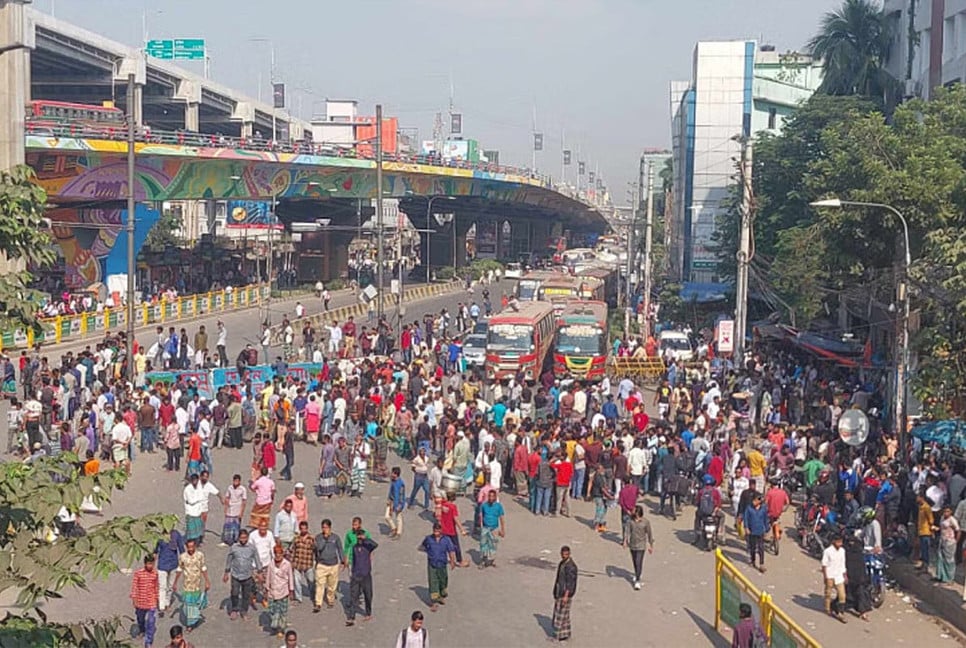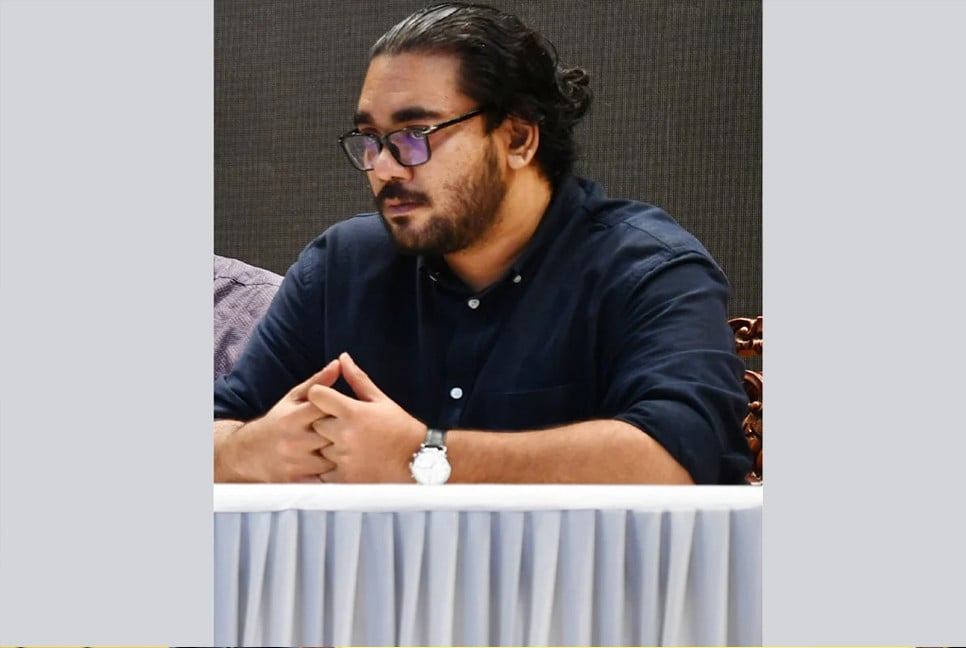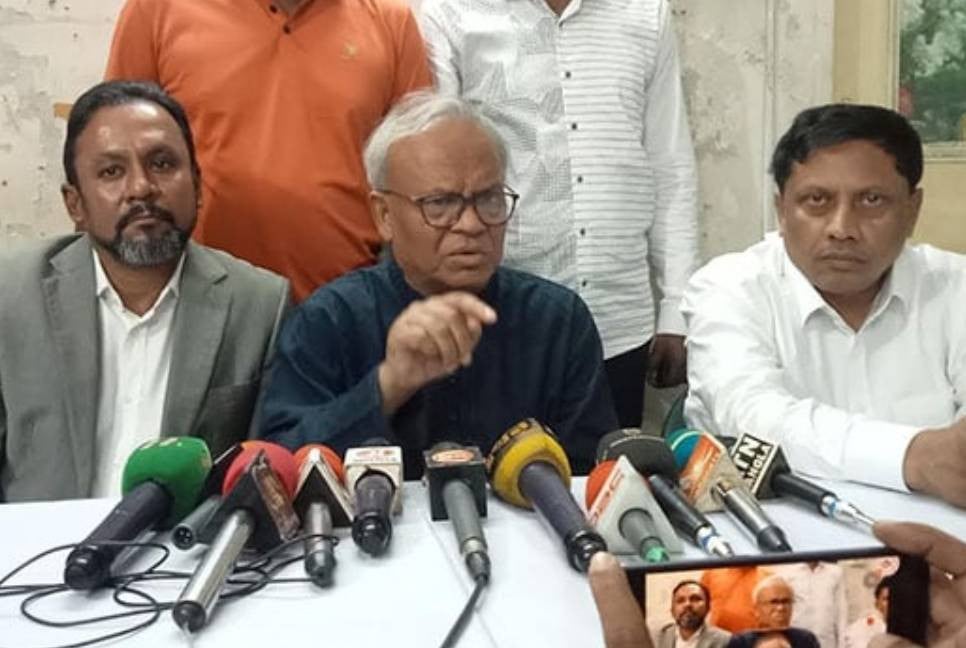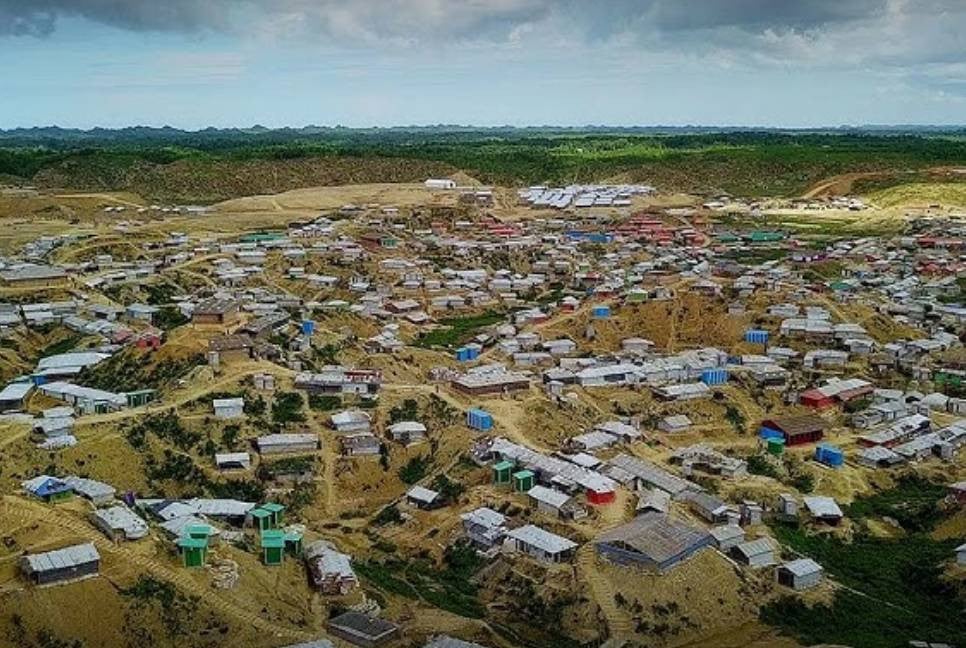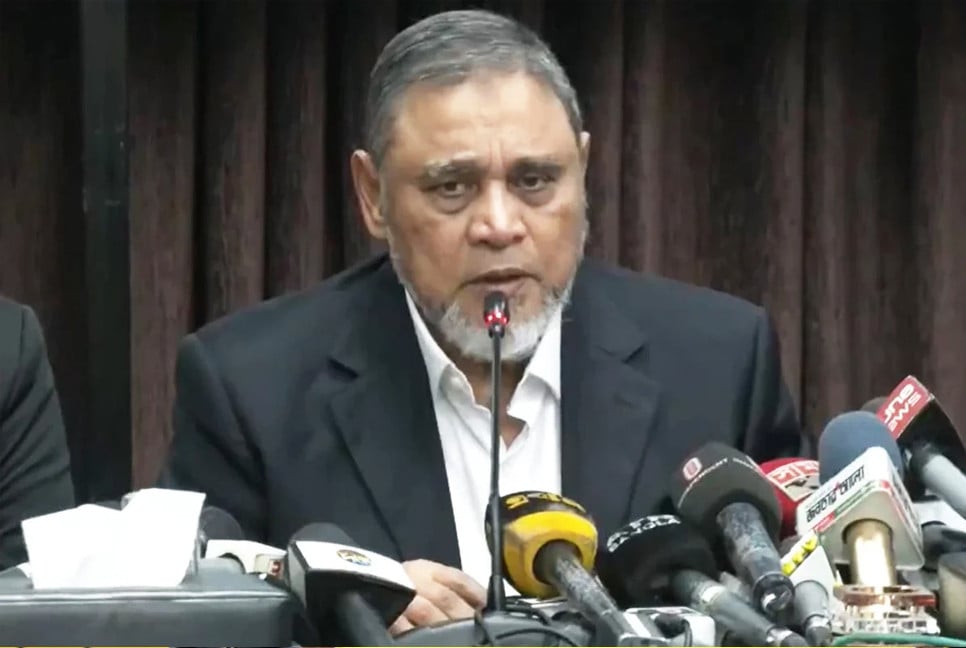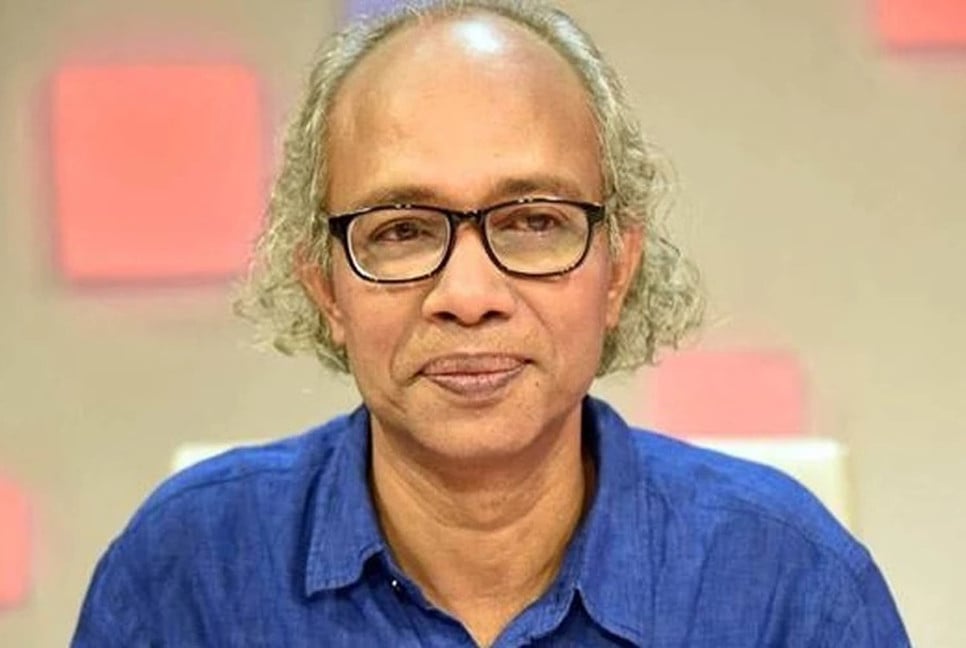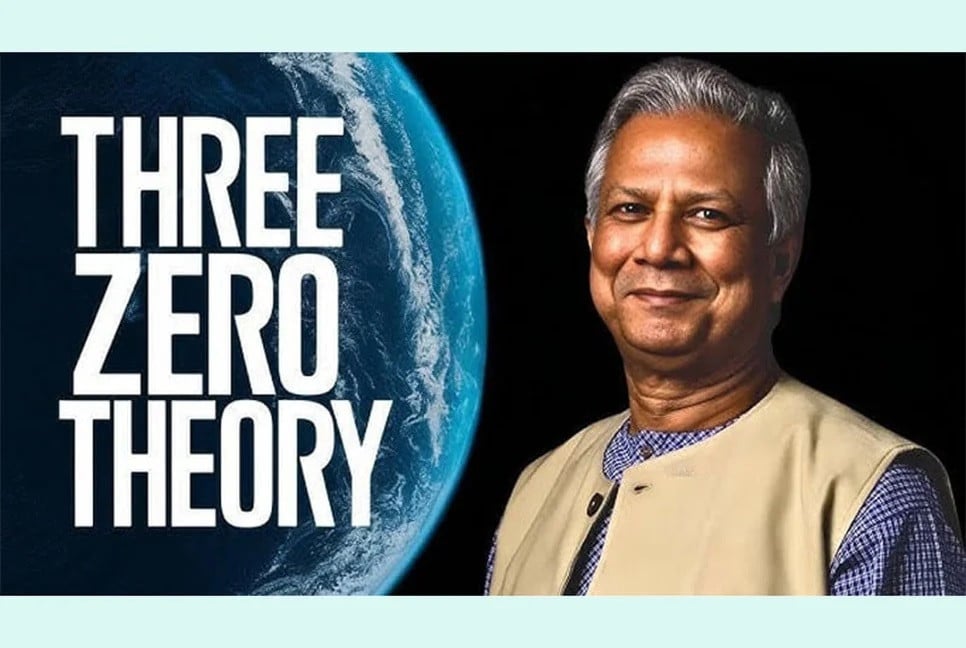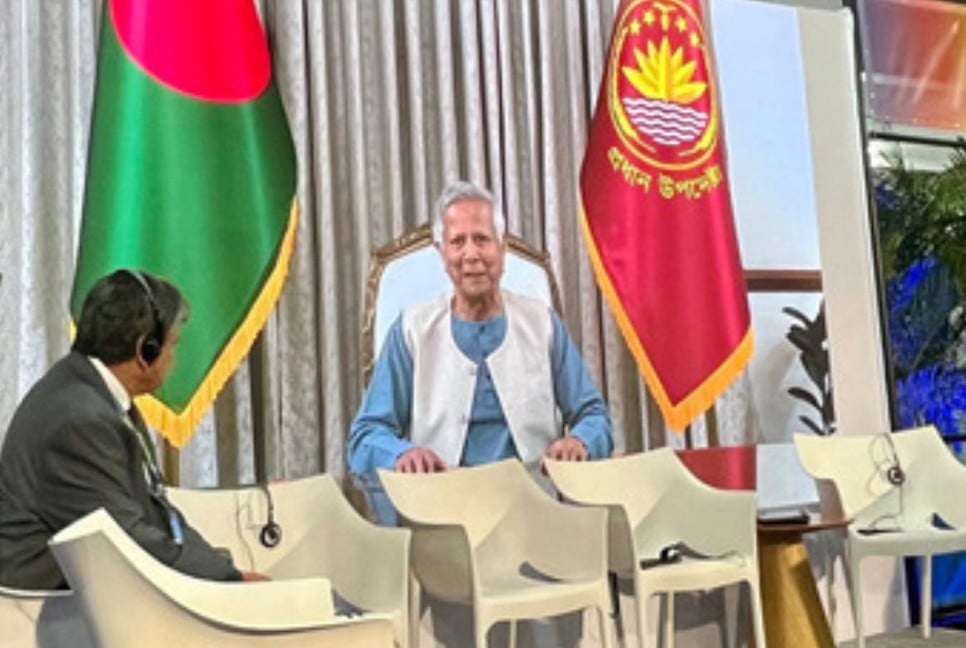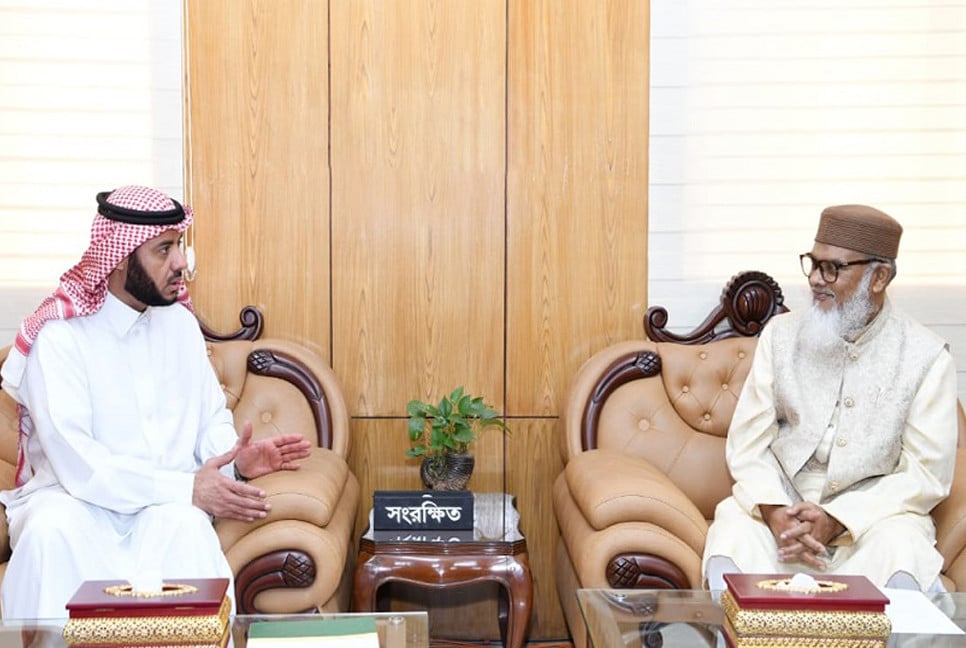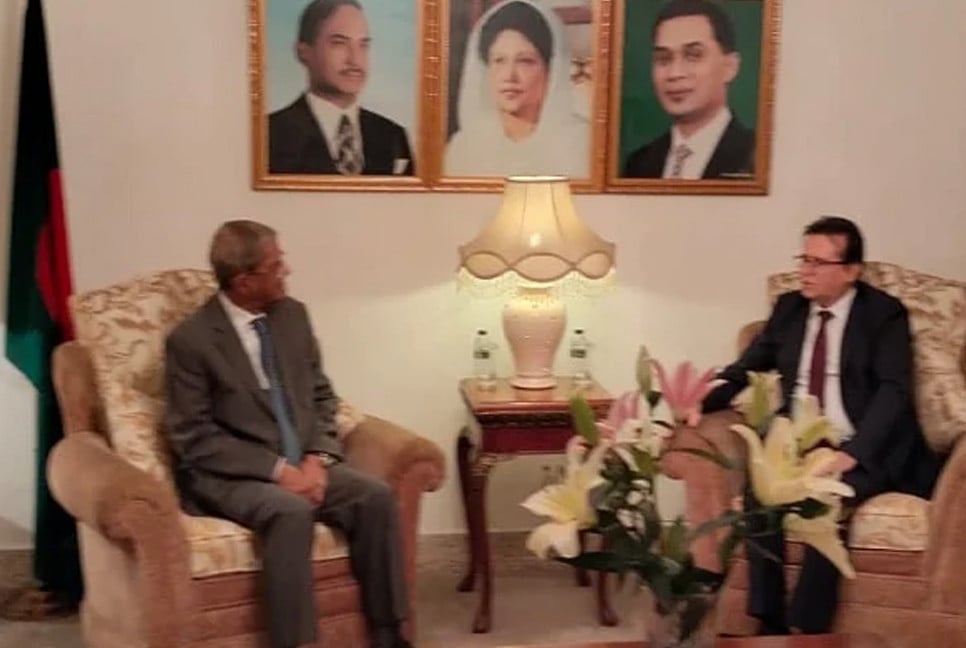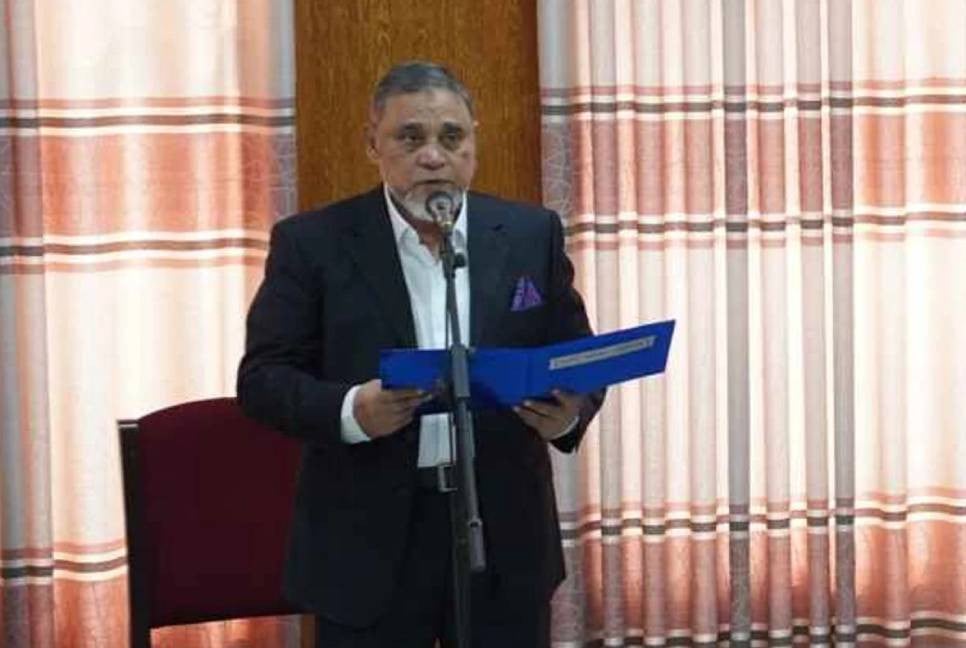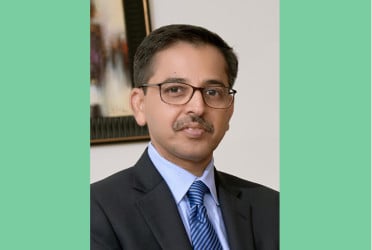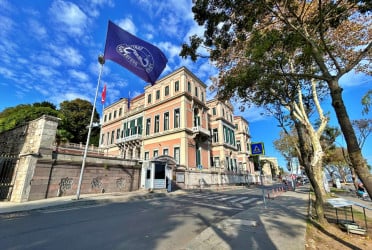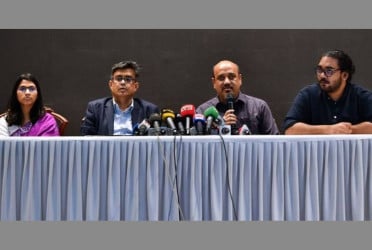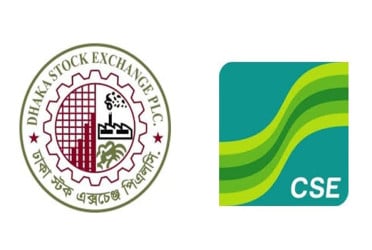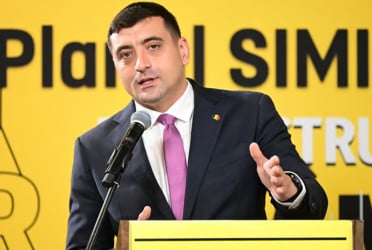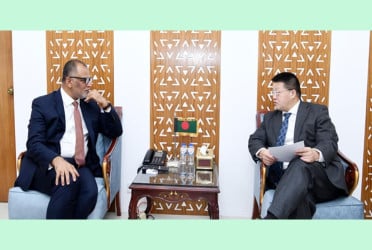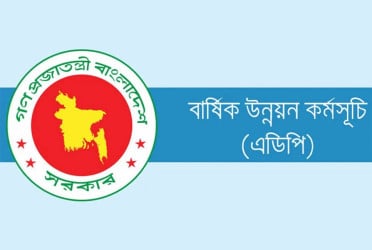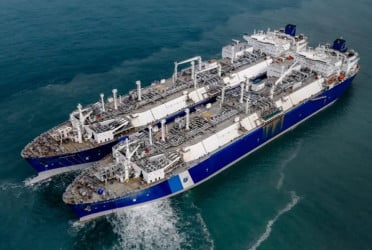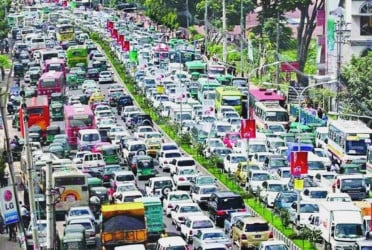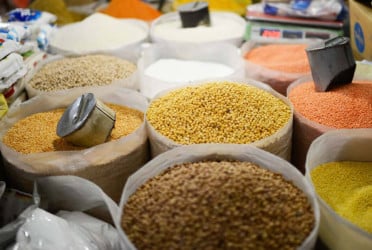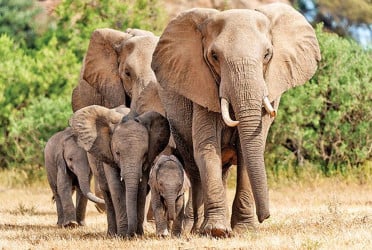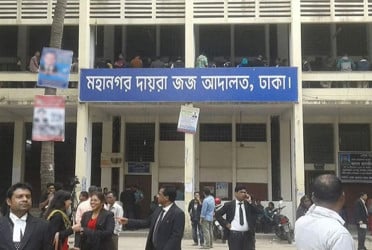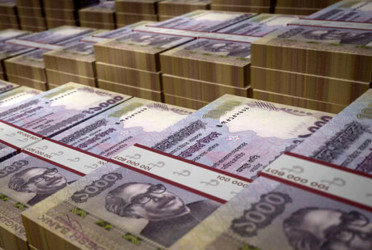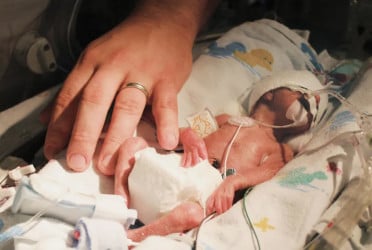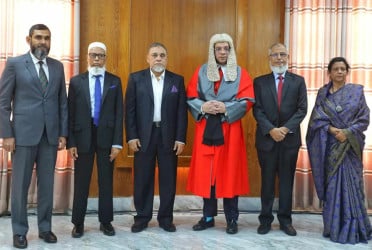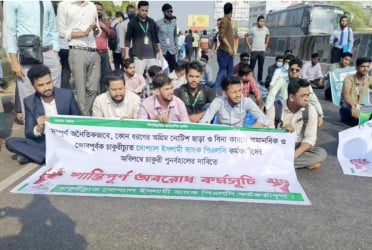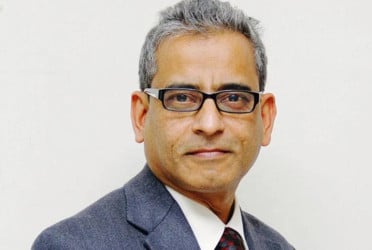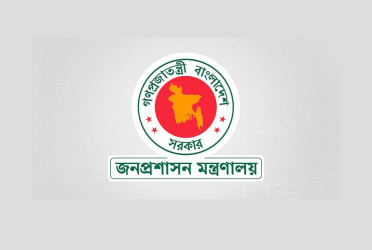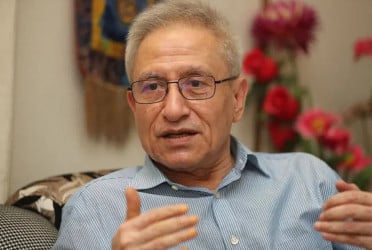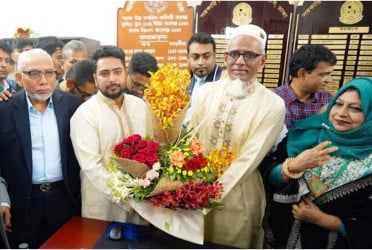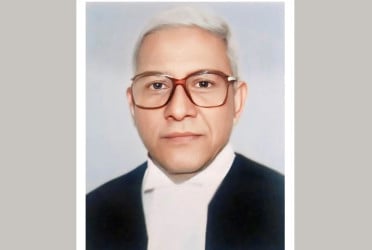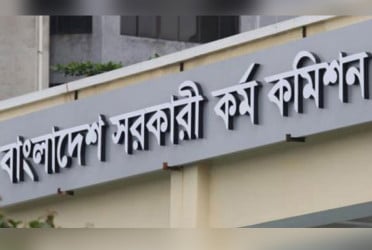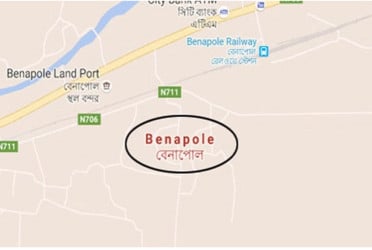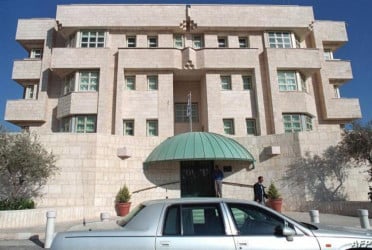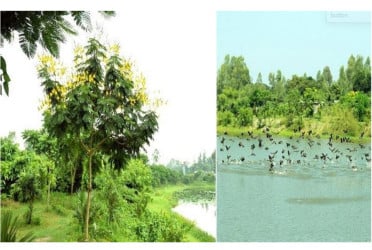Prime Minister Sheikh Hasina on Sunday urged the international partners to support Bangladesh’s efforts in implementing the National Adaptation Plan for 2023-2050, reports UNB.
“We need 230 billion US dollars for implementing our National Adaptation Plan from both domestic and international resources. Bangladesh continues to seek a 50-50 distribution between adaptation and mitigation from international climate financing,” she said.
The premier was addressing the inaugural ceremony of a global hub on Locally Led Adaptation (LLA) at Foreign Service Academy through a virtual platform from her official residence Ganabhaban.
She opened the global hub to reinforce Bangladesh’s global leadership on LLA, building on the momentum generated during COP27.
Sheikh Hasina said the National Adaptation Plan will complement the work being done under our Bangladesh Delta Plan 2100 and Mujib Climate Prosperity Plan. “I invite our partners from the international public and private sectors to join us in this effort in the spirit of the Paris Agreement,” she said.
The PM said Bangladesh now spends 6-7 percent of the GDP for climate adaptation. Bangladesh has so far implemented 800 projects for both climate adaptation and mitigation under a Climate Change Trust Fund set up with its own resources in 2009, she said.
She called upon all major carbon emitting countries to further enhance the scope of their nationally determined contributions. “We must all redouble our efforts to keep the global warming limited to 1.5° Centigrade,” she added.
The Prime Minister said the people of Bangladesh have long been using migration as an adaptive response to climate impacts. “We need to give priority to both preventing and managing increased human mobility due to climate change,” she said.
Under the flagship Ashrayan programme, her government has built about a million semi-pucca disaster-tolerant houses for the homeless and landless people. The world’s biggest multi-storied housing project for climate migrants is being built at Khurushkul in Cox’s Bazar. Some 5,000 climate-refugee families who migrated from different islands were already rehabilitated in 139 multi-storey buildings there, she said.
Talking about local climate resilience, Sheikh Hasina said the people of Bangladesh have been living with natural calamities for ages. They have attained some sort of resilience against flood, tidal surge, cyclone and other hazards. “They have learned to adapt to the changing courses of nature. Their collective efforts have turned Bangladesh into a climate adaptation hub,” she said.
In Bangladesh, local communities have their traditional knowledge and solutions for climate adaptation. The government also supports those solutions with resources and innovations, she said.
“This combination has served us well in developing a pool of bankable locally-led adaptation measures,” she said.
In this context, the PM focused on her government’s success and steps on building cyclone and flood shelters across the country; creating the coastal green belt and artificial mangrove forests through tree plantation; developing saline-, drought- and flood-tolerant crop varieties; adaptation of innovative methods for climate-smart fisheries and livestock rearing; strengthening mechanization in agriculture; promoting roof-top cultivation for food production and heat reduction; dredging rivers, ensuring easy access to safe drinking water for the coastal people; promoting adoption of renewable energy for irrigation purposes, and keeping measures for rainwater harvesting in new public sector buildings.
“Bangladesh is now considered as a role model in disaster risk reduction,” she said.
She said her government will extend all possible support to the Global Hub on LLA. “We are pleased to have this as yet another offering from Bangladesh for the climate vulnerable people around the world,” she said.
The PM hoped that the Global Centre on Adaptation (GCA) South Asian Regional Office, which was launched here in Dhaka in 2020, would emerge as a centre of excellence for the region and beyond.
Now the GCA has launched the Global Hub on LLA, responding to the call made by Sheikh Hasina to promote the sharing of experiences of Bangladesh, and other countries on building the climate resilience of vulnerable communities.
The global will identify LLA best practices and scale them via investments and partnerships; while advocating, and building capacity, for broader systemic change towards locally led adaptation in countries.
The Hub will implement activities that promote progress towards scaling up LLA in at least 25 countries by 2025.
GCA Chair and former UN Secretary-General Ban Ki-moon, GCA Chief Executive Officer Dr Patrick Verkooijen (through virtual platforms), Foreign Minister AK Abdul Momen, Environment Minister Shahab Uddin and British High Commissioner to Bangladesh Robert Chatterton Dickson spoke on the occasion.
Bd-pratidin English/Lutful Hoque


